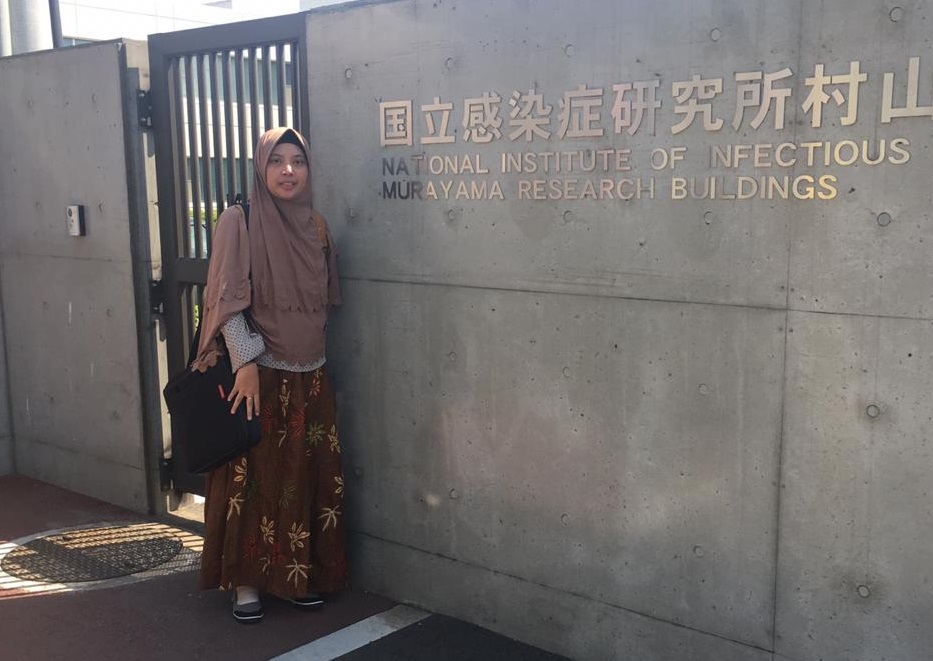UNAIR NEWS – The Covid-19 pandemic affects all aspects of life. One of them is child immunization service as not all health facilities continue to provide services.
In this regard, Laura Navika Yamani, S.Si., M.Si. Ph.D., lecturer in epidemiology, Faculty of Public Health, Universitas Airlangga (FKM UNAIR) gave an explanation. According to her, if the vaccine is delayed or even canceled, it will have an impact on children’s health. Children’s health will be vulnerable to infectious diseases endemic in an area, for example Hepatitis B, diphtheria and measles. So that cases of infectious diseases in children will increase during this pandemic.
“Toddlers are very susceptible to infections because their immune systems are not yet developed and they rely on immunity obtained from mothers during pregnancy, which may only last 6 to 12 months,” Laura said.
“So, actually, toddlers still need protection from immunization. Children affected by infection often show decreased appetite and malnutrition, eventually have growth and development disorders that will affect the level of health, intelligence and productivity in the future, ” she added.
Vulnerable children, continued Laura, are aged from 0 days to 5 years. However, over a period of 6 to 12 months, babies can still use antibodies obtained from the mother while in the womb and are also supported by breast milk as passive immunization. If exclusive breastfeeding is given up to 2 years is also a form of protection for infants so they are not vulnerable to infectious diseases.
“But are the antibodies that the child gets from the mother the complete antibodies from various infectious diseases that can attack the child? So with active immunization or vaccination, we can make sure that the baby will have immunity against an infectious disease according to the type of vaccine, ” she said.
According to Laura, immunization services during a pandemic should continue to be carried out by implementing strict health protocols, both health workers and the public who come to get immunization services. And the community or parents of toddlers should communicate with the nearest health care, if there is an opportunity to get immunization services.
Not only that, parents also have to consider about the best way to get immunization services. For example, choosing to get immunizations at home or staying in a health facility. So that toddlers are certain to get health services according to schedule. This is to reduce the risk of susceptibility to an infectious disease.
“They must be proactive, there must be communication between health workers, immunization units, and the community or parents of children under five. Because immunization is scheduled, so if it is not the health worker who reminds, then toddlers’ parents must seek information on the immunization service, ” she concluded. (*)
Author: Asthesia Dhea Cantika
Editor : Binti Q. Masruroh





